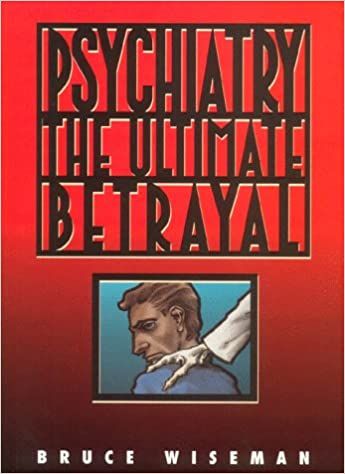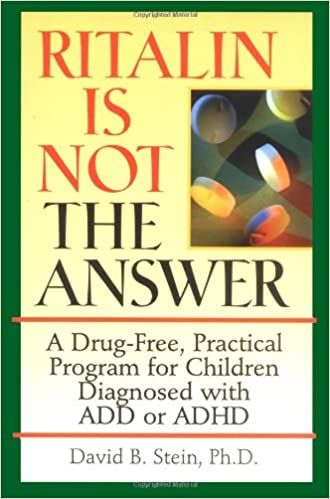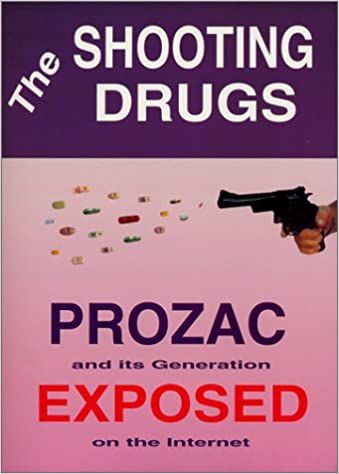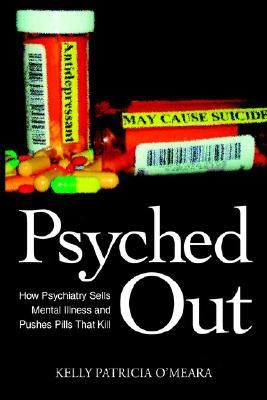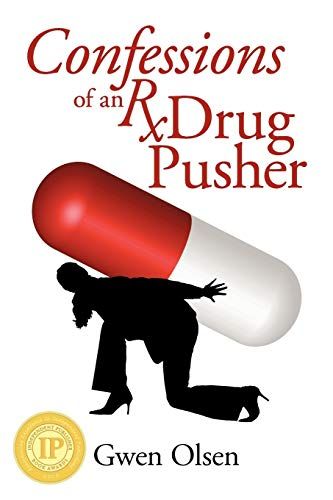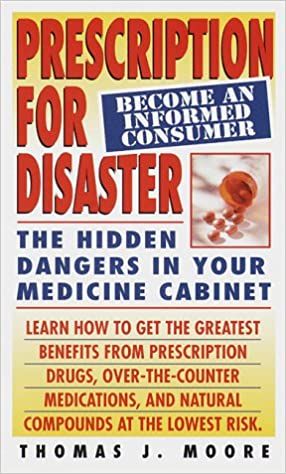Psychiatry, the Ultimate Betrayal
This book is an eye-opener that gives a remarkably thorough history of psychiatry, dating back from the 19th century to the present day. It exposes the manner in which power, money and influence helped peddle theories as facts, which all led to the stronghold that psychiatry had developed on our world today.
Psychiatry, the Ultimate Betrayal covers everything from electric shock treatments in the 50s to the Holocaust. It examines the role that politicians and the media have had over the years. It really gives the reader an entirely new outlook on ideas so many of us just accepted for years without much thought. It shows how many people believed the lies and unknowingly helped contribute to the growth of this monster, and how many others knew all along that they were hurting our children and robbing them of education and growth, but did it anyways.
This very well-researched book schools our society on the fact that these professionals we have listened to and let infiltrate every area of our lives and our children’s lives, who we allow to tell us what is wrong with us and how we should fix it, have no concern in our best interest. Psychiatry, the Ultimate Betrayal says that now is the time we break apart these evil forces and starting turning society around.
About the Author
Bruce Wiseman is a human rights advocate who has fought for several decades to expose and end human rights abuses in the area of mental health. He is an internationally renowned speaker on the topic of psychiatric abuses, having made over 600 radio and television appearances on the damages psychiatry is inflicting on society, ranging from psychiatric drugs to psychiatric sexual abuse to electro shock therapy. He has done extensive work with legislative and judicial authorities in efforts to eliminate these mental health system abuses, and even testified against involuntary commitment of children in front of the New Jersey Supreme Court Committee. Wiseman is a former chairman of the Department of History at the John F. Kennedy University, and currently serves as the U.S. national president of the Citizens Commission on Human Rights. He holds a master’s degree cum laude from California State University at San Jose, and resides in Los Angeles with his family.
Reviews
Clinton Miller, National Council for Improved Health:
“Not since Paul Revere took his midnight ride to alert our forefathers that the British were coming has a WARNING been so urgently needed as the wake-up call you deliver in PSYCHIATRY-THE ULTIMATE BETRAYAL”
Morton Feldman, Executive Vice President, National Association of Chiefs of Police:
“Psychiatry-The Ultimate Betrayal…answers a tremendous number of questions as to what happened to cause the social unrest we see on a daily basis in this country.”
Director, Office of Consumer Affairs, New Hampshire Hospital, Concord:
“I think you know that I found Ultimate Betrayal to be unrivaled portrayal of psychiatry’s essential tendency to engage in social engineering under the guise of ‘medical expertise’–a dangerous role that they cleverly cultivate at our expense. This book is extremely well done, and I sincerely hope that it will be widely read.”


